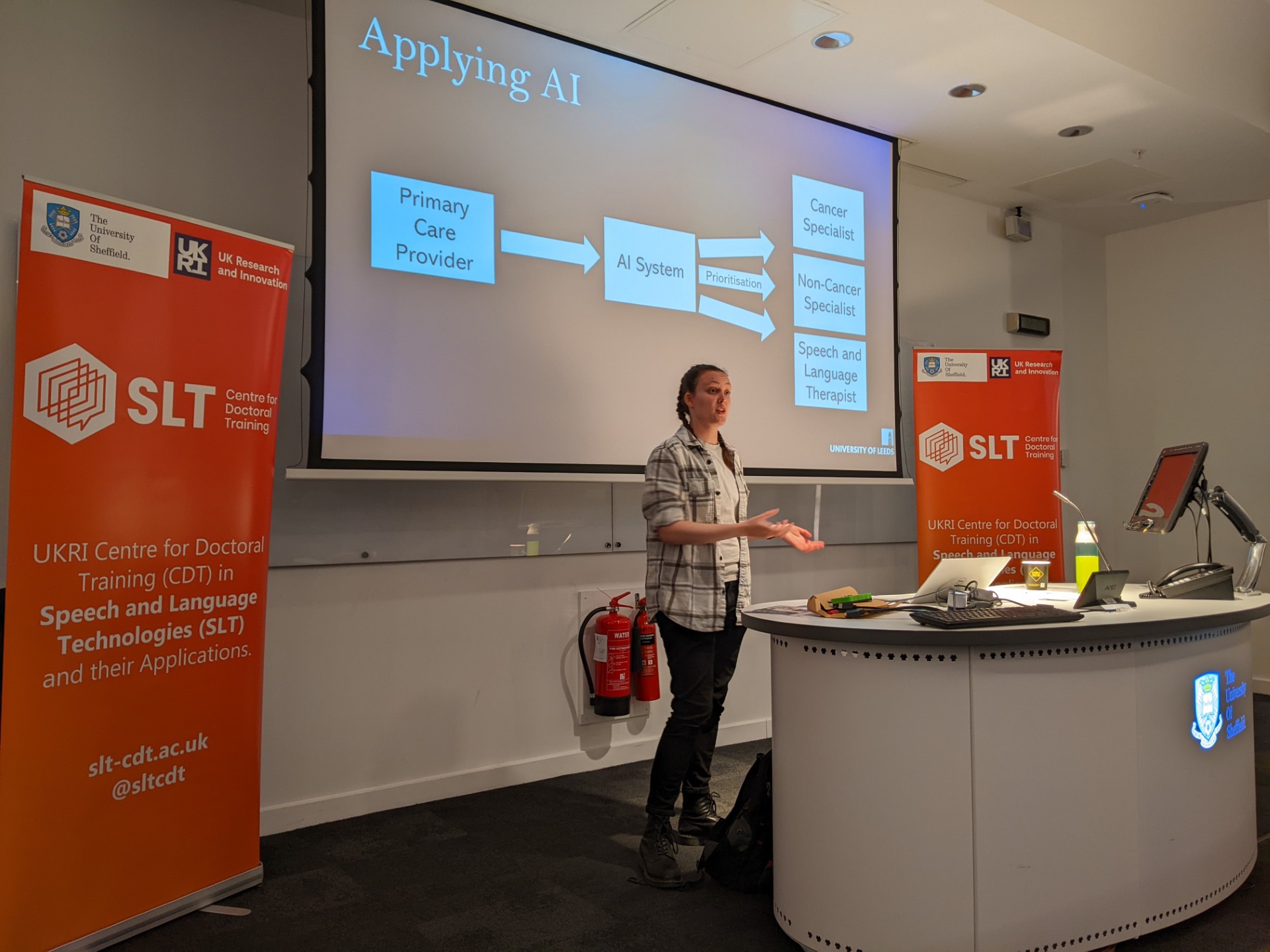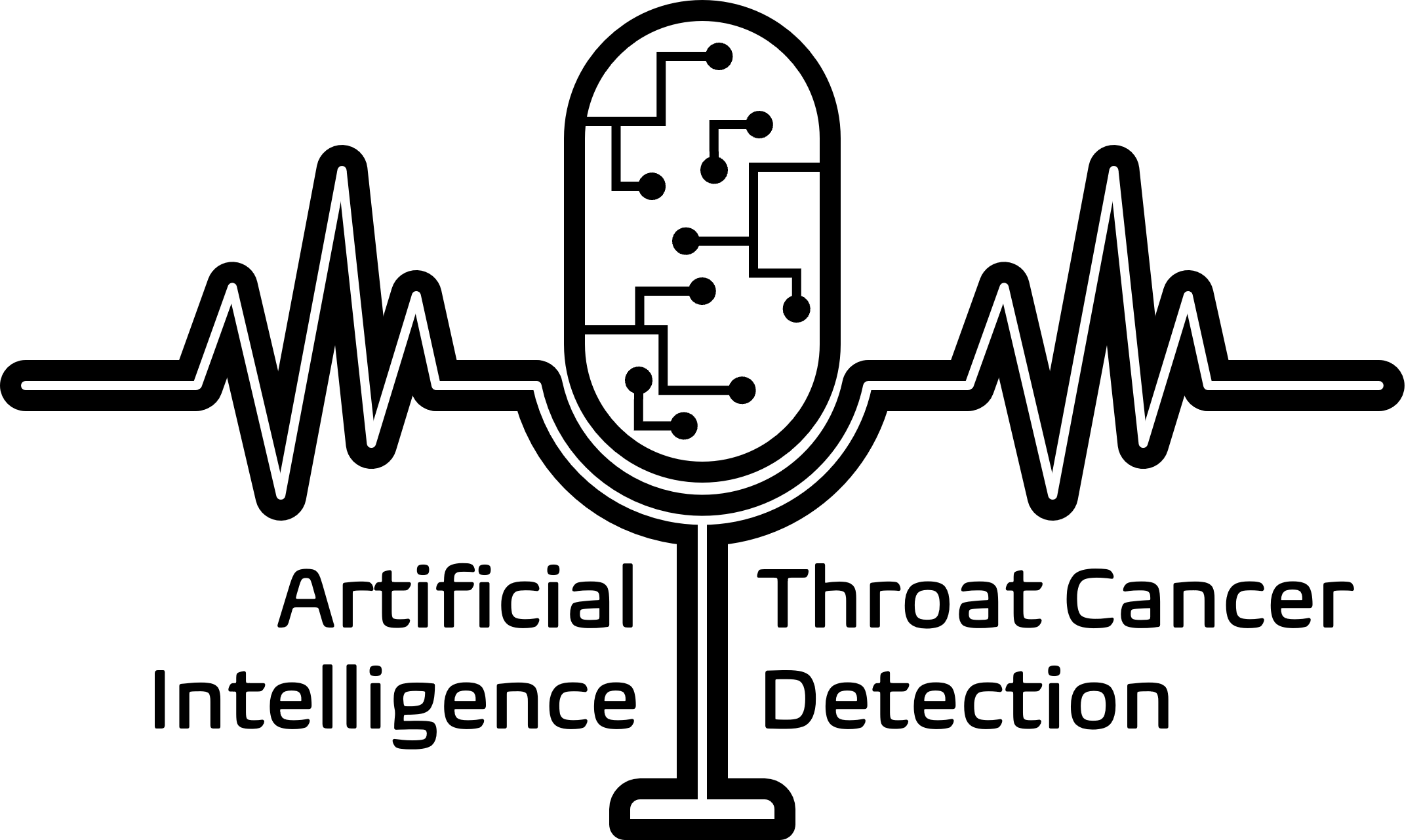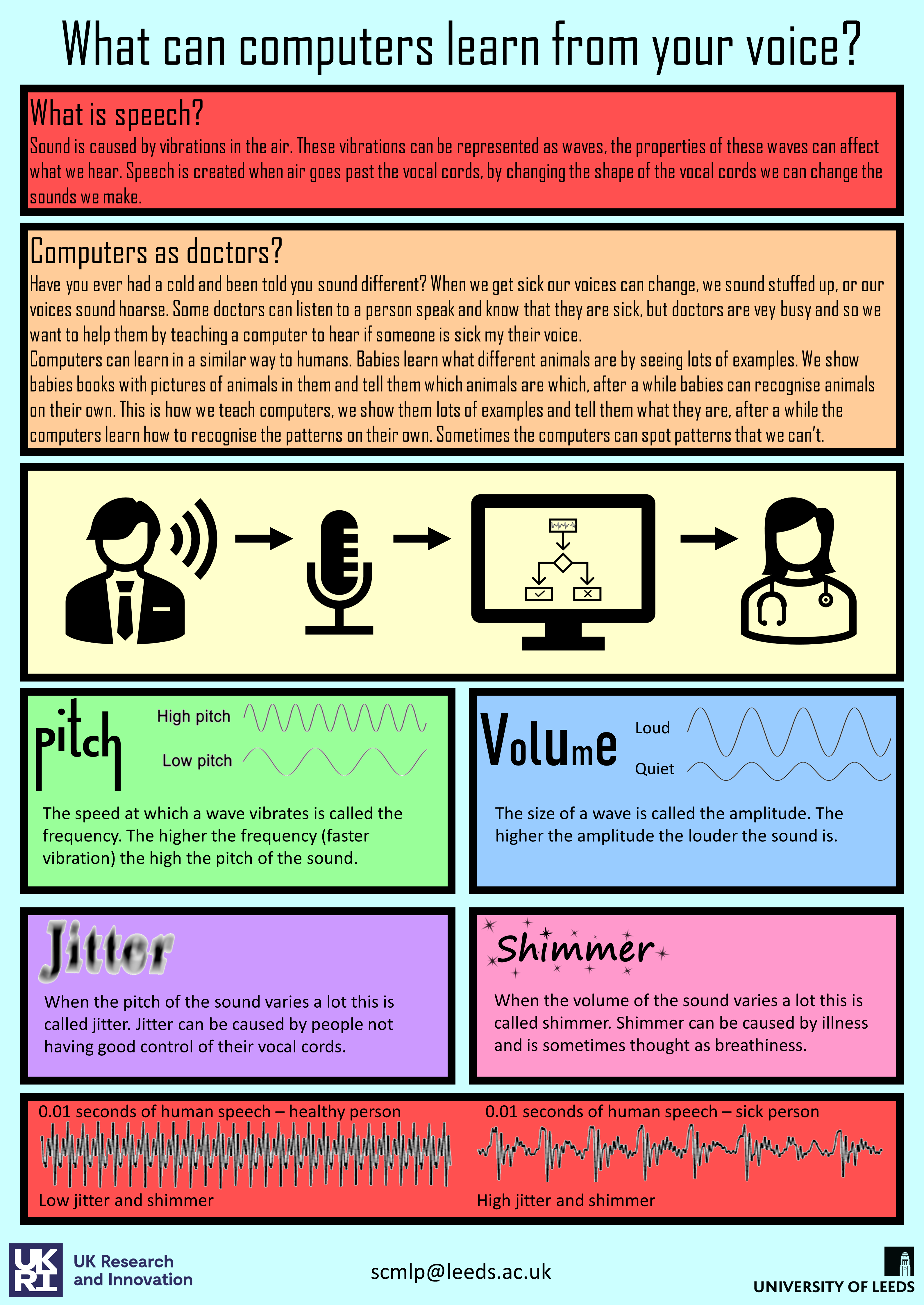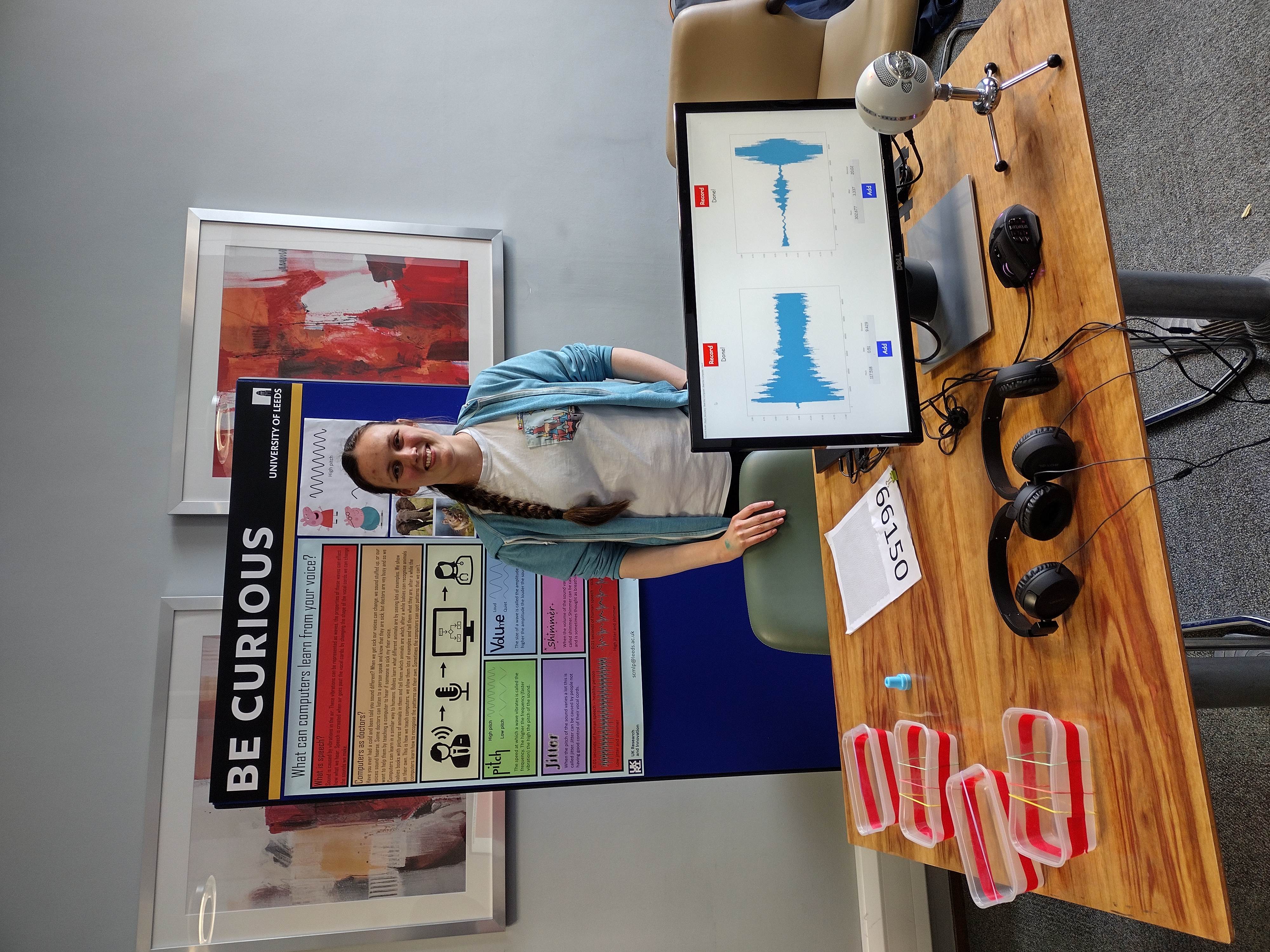University of Sheffield Speech and Language Technologies CDT
I was very excited to be able to present to PhD students at the University of Sheffield from the Speech and Language Technologies CDT. In this presentation, I discussed the issues facing the use of AI in real-world medical settings and how these could be managed. I also discussed the current data collection being carried out in Leeds Teaching Hospitals NHS Trust. It was great to be able to connect with other researchers working in the field of speech and language technologies and hear their thoughts and suggestions for my future research.
 |
|---|


